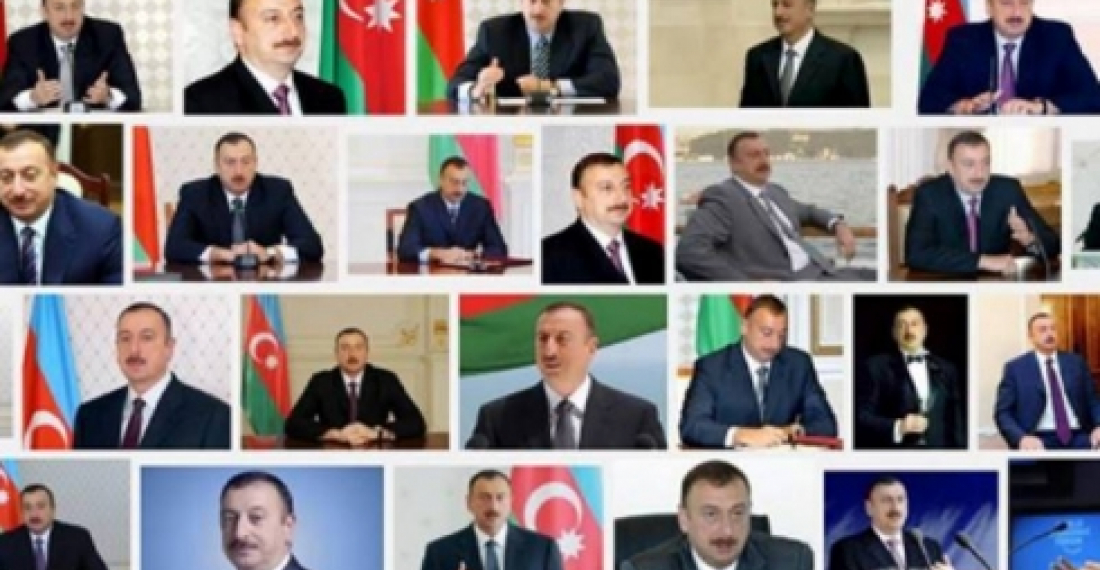Preliminary results in the presidential Elections held in Azerbaijan yesterday indicate that the incumbent President Ilham Aliev will get just under 85% of the votes cast.
According to the Chairman of the Central Elections Commission, Mazahir Panahov speaking at a late night press conference, the total number of registered voters was 5 145 643. According to the summarized results, 3 720 643 citizens participated in the elections. The overall activity of the electors nationwide was 72, 31%.
Panahov noted that according to the information taken from 3947 polling stations (72 percent of all stations), candidate from New Azerbaijan Party Ilham Aliyev is ahead with 84,73 % votes (2039127).
The results for other candidates was as follow:
Jamil Hasanli - 5,27% (148 400 votes)
Igbal Aghazade 2,32% (65 469 votes)
Gudrat Hasanguliyev - 2,09% (58 972 votes)
Zahid Oruj - 1,48% (41 638 votes)
ilyas Ismayilov - 1,10% (30 969 votes)
Faraj Guliyev - 0,87% (24 410 votes)
Araz Alizade - 0,88% (24746 votes)
Sardar Mammadov - 0,63% (17 705 votes)
Hafiz Hajıyev - 0,66% (18 582 votes)
In a televised address shortly afterwards President Aliev thanked the Azerbaijani public for their support and promised to continue to work for the country's freedom and independence.
Meanwhile opposition actiovists have claimed that there was massive fraud in the election process.
source: commonspace.eu with agencies.







